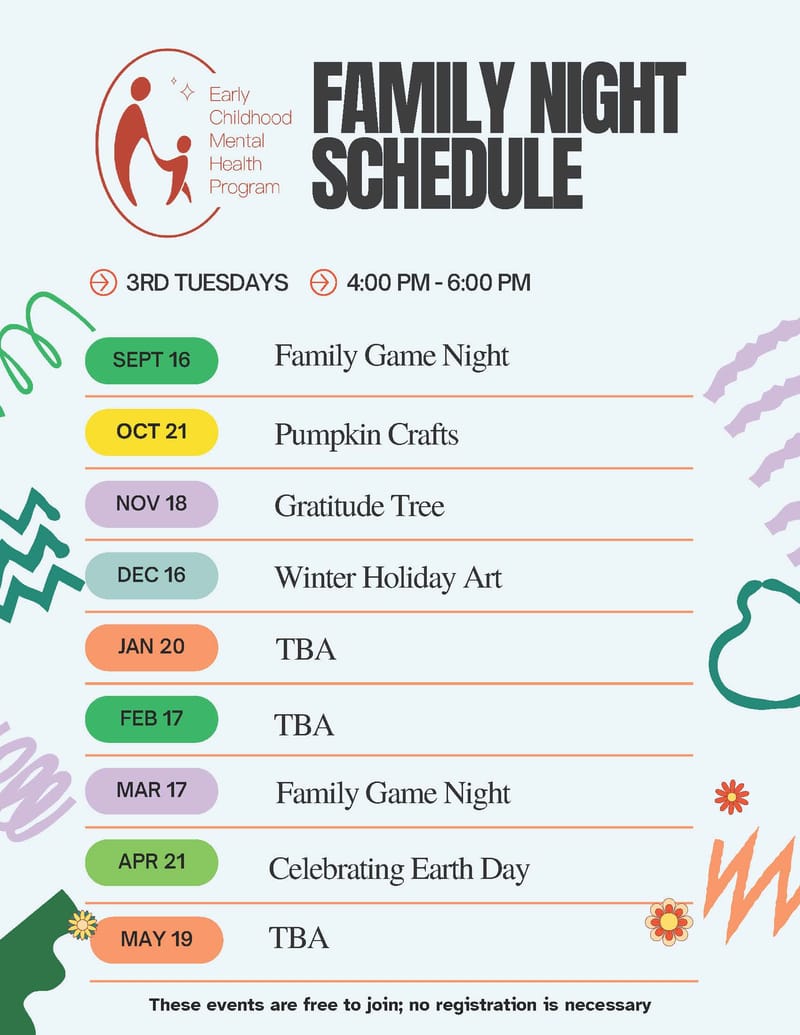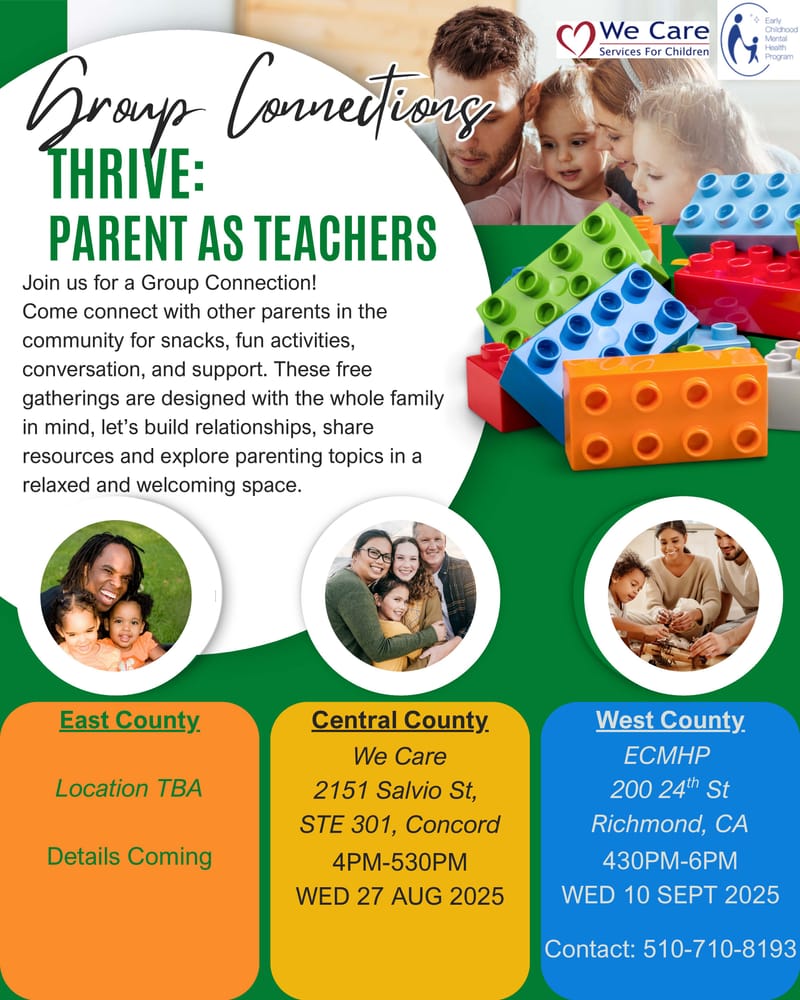Our Mission
Our mission is to promote the well-being and empowerment of our community by providing access to collaborative early intervention, mental health, and early education services that foster healthy development, strong relationships, healing and resilience for infants, young children and their families who face adversity.
Groups & Events
Donate Today!
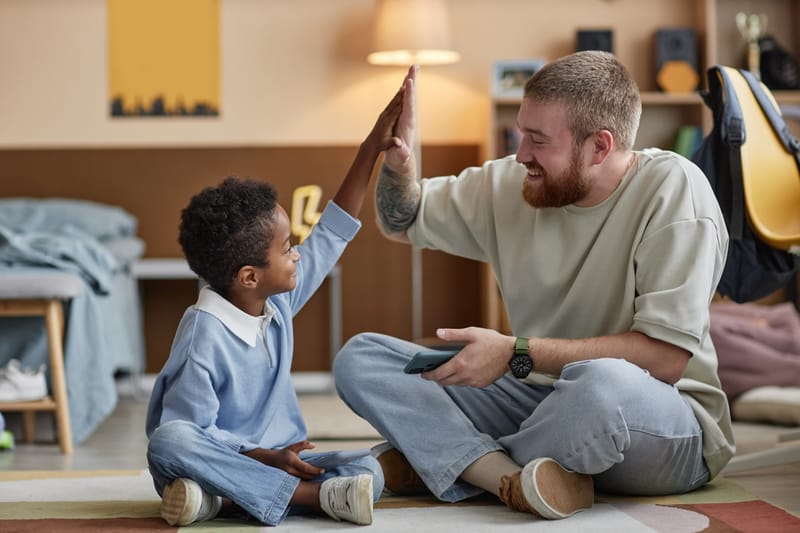
Rooted in Resilience🌱
When you give, you directly invest in early childhood development during the most critical years of growth. Your support strengthens families, expands access to quality programs, and builds a foundation for lifelong success. Make an impact today.
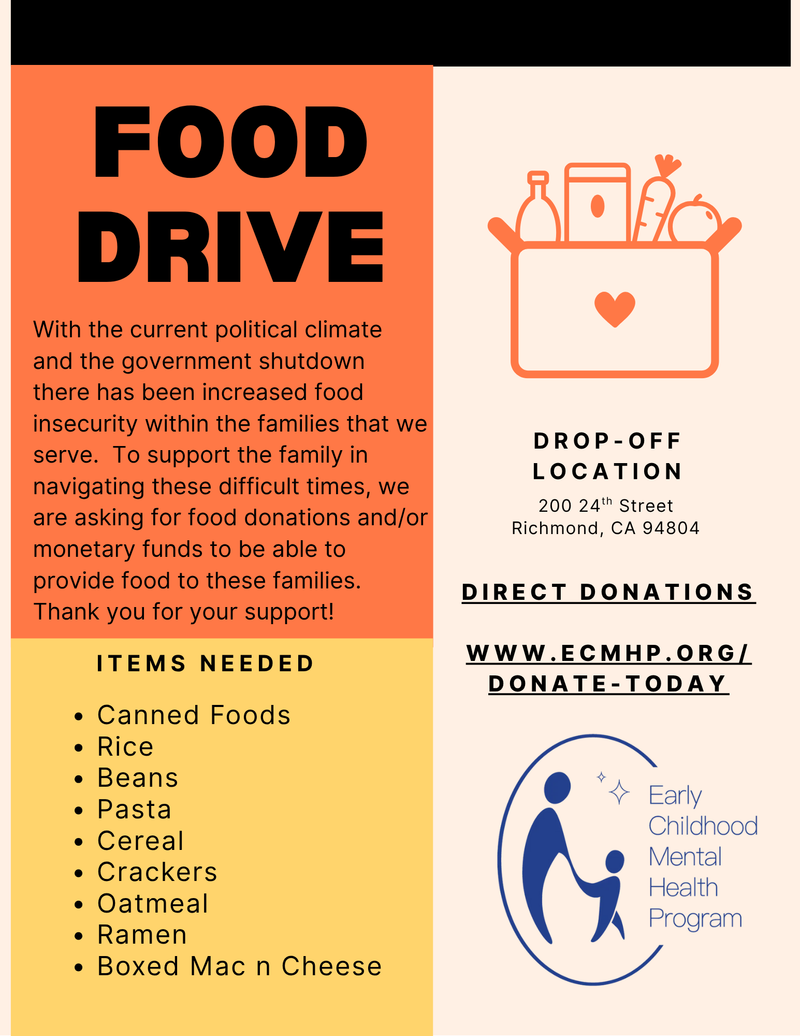
ECMHP Emergency Food Pantry
Join us in making an impact today!
Our Sponsors






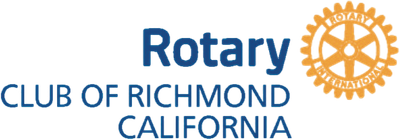



Contact Us
- 200 24th Street, Richmond, California, United States
- +1-510-412-9200 - Main Office
- +1- 707-810-0098 - Solano Office
- +1-510-508-1255 - Intake Line
- OfficeAdmin@ecmhp.org
- Mon-Fri - 09:00 AM-5:00 PM
